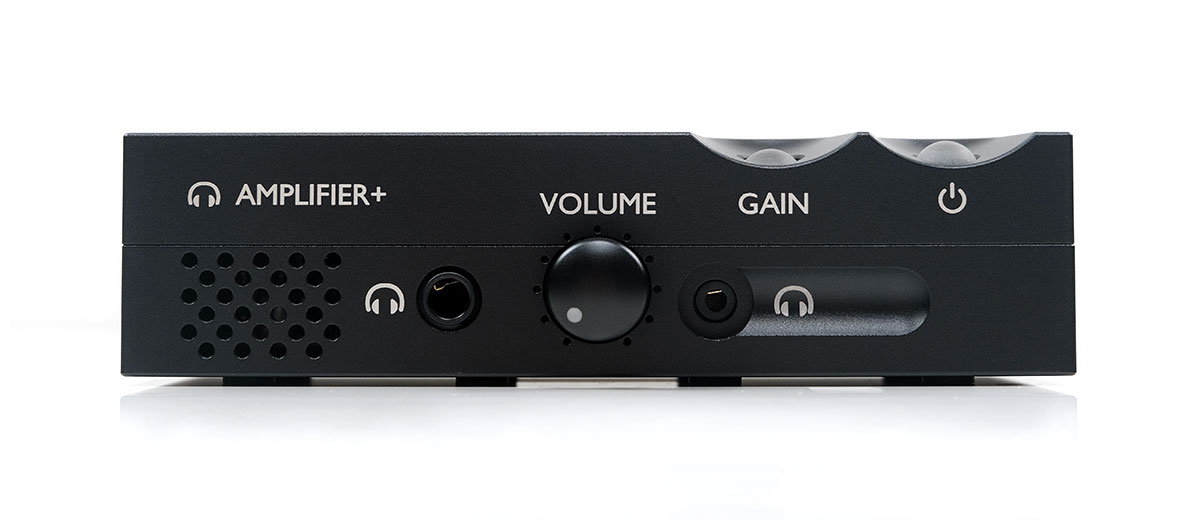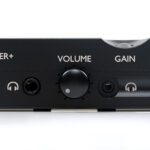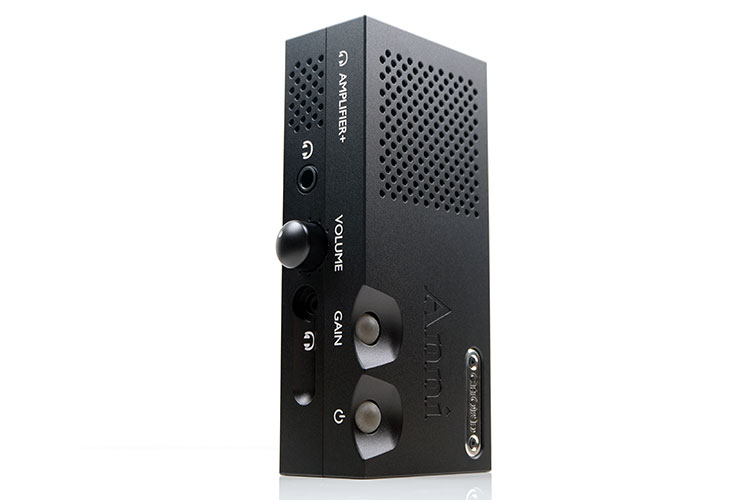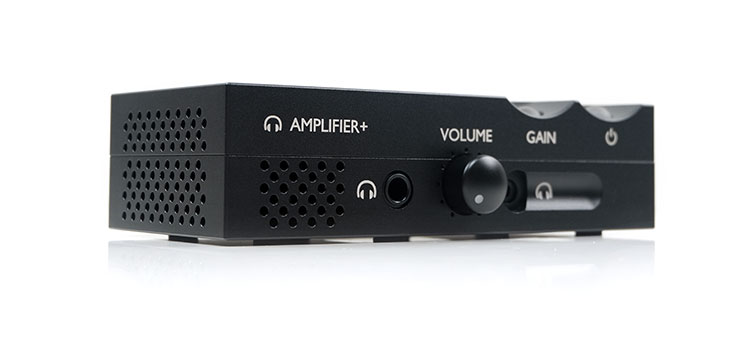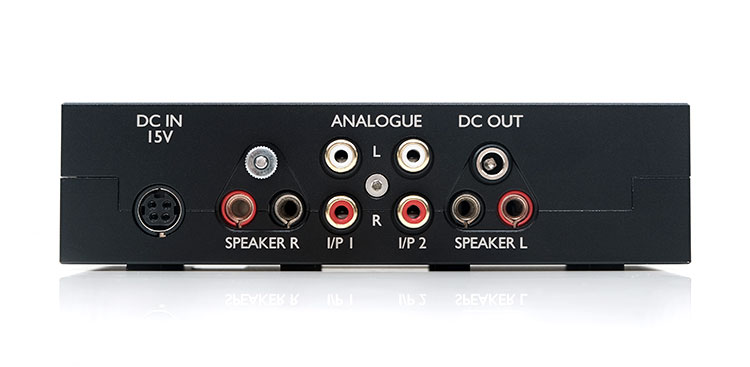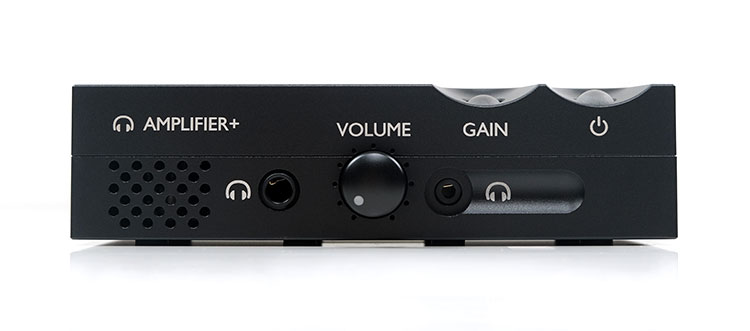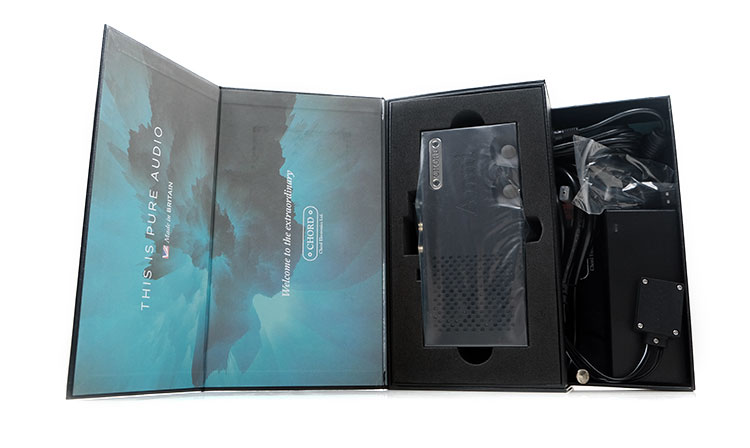This is a review of the Chord Electronics Anni, which is a compact desktop-compatible analog integrated headphone and speaker amplifier. It is priced at £1195.
Disclaimer: This is a sample that was sent to us in exchange for our honest opinion. Headfonics is an independent website with no affiliate links or status. We thank the team at Chord Electronics for giving us this opportunity.
You can read more about the company’s products we have previously featured on Headfonics by clicking here.
Note, that this article follows our latest scoring guidelines which you can read up on here.
The Anni was launched late in 2021 so yes, we are a little late to the party with this review due to some supply constraints earlier in the year. The bonus though is we will also have a Huei review coming very shortly after this one. Huzzah!
And so, it now finally seems that the Qutest has a ‘bed buddy’ given both it and the Anni have very similar form factors and aesthetics. Yup, they are stackable, and I include the Huei in that statement given it too has the same design language.
Given their size and cleverly integrated functionality, this is very much an ‘in the now’ setup. Something which will greatly appeal to the modern discerning desktop audio enthusiast working might be working with limited space.
Tech Inside
Topology
The Anni is an integrated Class AB headphone and speaker amplifier and designed as part of the Qutest series of desktop components. It is also a direct beneficiary of Chord’s penchant for trickle-down technology product development with the inclusion of their normally high-end ULTIMA circuit topology.
At the heart of ULTIMA is Chord’s next-gen dual-feed forward error-correction amplifier technology. This is a form of MOFSET-based amplification first theorized by Dr. Malcolm J Hawksford and then refined by Robert Cordell of Bell Labs as far back as the early 80s.
Chord then built on both with a combination of CEO John Frank’s expertise in ultra-high-frequency power supplies and has been a feature of their amps in various guises for the last 30 years or so.
The net result is almost like a self-monitoring amplification system whereby you have two distinct amplifiers: the main one to feed the signal and generate the power and the second for error correction which is normally known as the feed-forward amplifier.
Error correction normally targets key indicators such as distortion and audible noise floors with varying levels of output load or demand in order to create a very clean and consistent output signal. In theory, that should keep the THD target percentage relatively consistent with or without a load.
Given the very high prices of the ULTIMA HiFi amplifier range, the Anni, therefore, is the most affordable or accessible version of this technology to date.
Performance Numbers
The Anni topology is a single-ended design which is the norm for Chord amplification. It feeds the signal to both headphones and speakers, though not at the same time, and is listed as having a peak 10W into 8Ω output power rating which is more applicable for its speaker amplification performance.
This compares favorably to our recently reviewed Cayin HA-300MK2 SETA amplifier which also had a direct-to-speaker output but slightly lower at 8W into the same 8Ω load.
For higher loads, or more specifically for headphones, that peak output drops to around 3W for 32Ω, and for 300Ω it drops further to around 500mW.
THD and SNR ratings are not given for these variable load figures. Though there is an official listing at 0.02% there is no officially weighted benchmark alongside it so I have to presume that’s a standard 1kHz.
This is complemented by a two-stage gain switch system with a variable of around 8-9dB between them both for the speaker output. The low gain value is around +5dB and the high gain is a shade over 13dB. Both gain setting options are controlled by Chord’s orb controls directly from the top of the unit. Note, that there is no equivalent gain switch control for headphone output.
Design
Form Factor
If you are familiar with the Qutest then the Anni will hold no surprises. For first-timers, the Anni is a very compact and beautifully designed headphone amplifier and bears all the hallmarks of the classic Chord ‘discreet’ design ethos.
The Anni measures in at just 160 mm (W) x 42.50 (H) mm x 96.60 (D) mm and weighs in at just 625g. It has virtually the same dimensions as the Qutest DAC though slightly lighter by around 150g. Given they are part of a singular ecosystem that makes them perfectly stackable.
However, I do recommend getting their bespoke modular racking system, (Qutest Stand System), to keep them a few mm apart for proper venting. Within that rack setup, place the Anni at the top as it is the warmer of the two with a specific venting grilled section to the far left.
Materials & Finishing
The Anni itself has a very similar material build to the Qutest DAC. This is a two-piece shell CNC machined from a single aluminum billet and finished in anodized black finish save for the translucent orb controls at the front and the Chord chrome badge on the top.
Like many Chord designs, the Anni feels rock solid and very robust despite its compact size. There is zero flex and a simple knock on the panels will not be answered with a hollow echo.
The brightly lit orb controls are deeply inset into the actual chassis to prevent them from any accidental damage or knocks. To the front, we have a departure from the orb controls for volume with a more traditional potentiometer knob that is a dual function input selector.
Chassis cornering is a touch sharper but not overly so. The rear input and output sockets are accurate and well-spaced out with gold plated finishing that creates a nice level of contrast between them and the black body finish. Securing screws are all to the base and very deep-set to the point of invisible.
Chord has finished the design off with shock-absorbent grippy feet on the base should you wish to place it independently of the Qutest Stand System.
I/O
Given its compact size, you will not find dedicated protruding speaker posts to the rear of the Anni. Instead, you get a set of lower profile or inset 4mm banana plug sockets to connect with your speakers.
Just above the right speaker sockets, there is also a grounding terminal which should help reduce any potential for hum if your house setup is prone to grounding problems.
You also have two dual-RCA analog inputs to connect a number of line-level sources be it the Qutest DAC or an alternative non-Chord source.
To the front of the Anni, you have two SE PO, a 6.35mm and a 3.5mm TRS port which can be used simultaneously or individually depending on your preferences.
Now, there is one nice feature that I was not expecting and that is the DC power management system. The Anni comes with a fairly large external switching power supply brick complete with a 15V 4-pin socket.
However, to the far side, you also have a DC out option which will allow you to connect and power the Qutest via an included 5V conversion kit and a very short USB-A to micro-USB cable.
Basically, you run the short USB cable to the back of the kit, and to the front, you plug in your DC input to the DC out of the Anni thereby saving you having to connect the Qutest to its 5V plug.
The one final I/O aspect I might want to draw your attention to is the weight of your cables. The Anni is light, very light for an amplifier so make sure your cables are not so heavy or poorly supported as they could tip the balance of the Anni.
Controls
Chord orb controls can be something of an acquired taste with steep learning curves based on color sequences for the majority of their digital components. The Anni, thankfully, is a lot simpler in its orb application making it an easy device to get to grips with quickly.
All controls are either via the potentiometer with its dual-selector functionality for choosing between sources 1 and 2 or the two small orbs above for the gain switch and power.
Each choice will change the emitting color either around the potentiometer or under the orbs depending on the gain switch level you choose and what source you have selected in combination.
Some color status modes are automatic depending on whether you have a headphone plugged in or not, namely the power button going from green, (headphones) to cyan, (speakers).
Packaging & Accessories
The Anni comes in a fairly recognizable narrow Chord black retail box similar to the Qutest and Huei. Inside, you have a split shelf foam-cushioned tray system with the plastic-sealed Anni on the top shelf along with the manual and the accessories neatly packaged on the bottom shelf.
Aside from the switching power supply you also get the power conversion kit with the short USB-A to micro-USB cable. This will allow you to hook up either the Huei or the Qutest or even both to allow the Anni to power them without having to use separate plugs.
You also get a little cloth carry bag which I suspect Chord wants you to put all your accessories in but in actual fact, it does double up very nicely as a cloth pouch for the Anni itself. Not sure if that is the intended use but it does fit and may offer some protection against dust.

